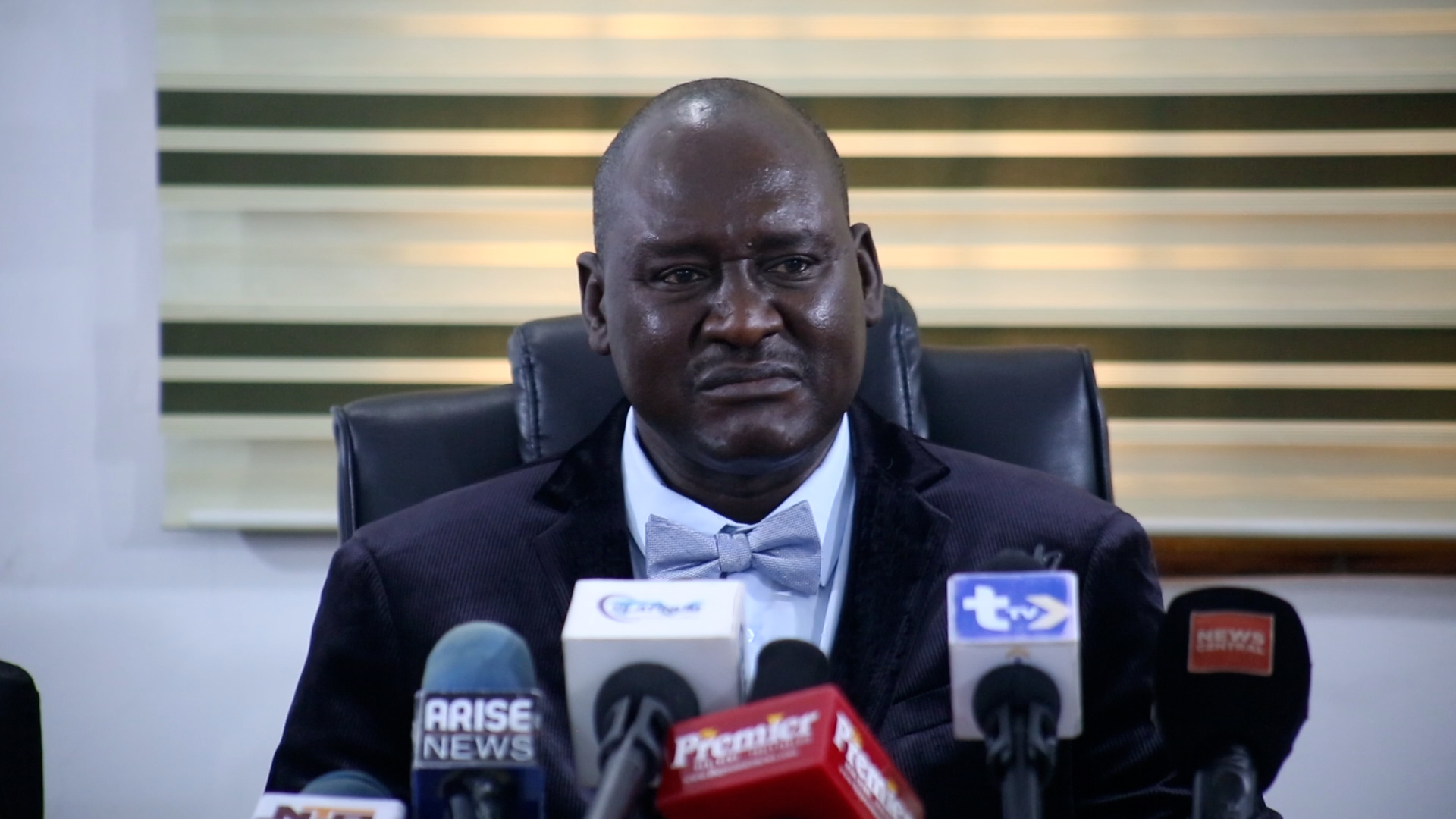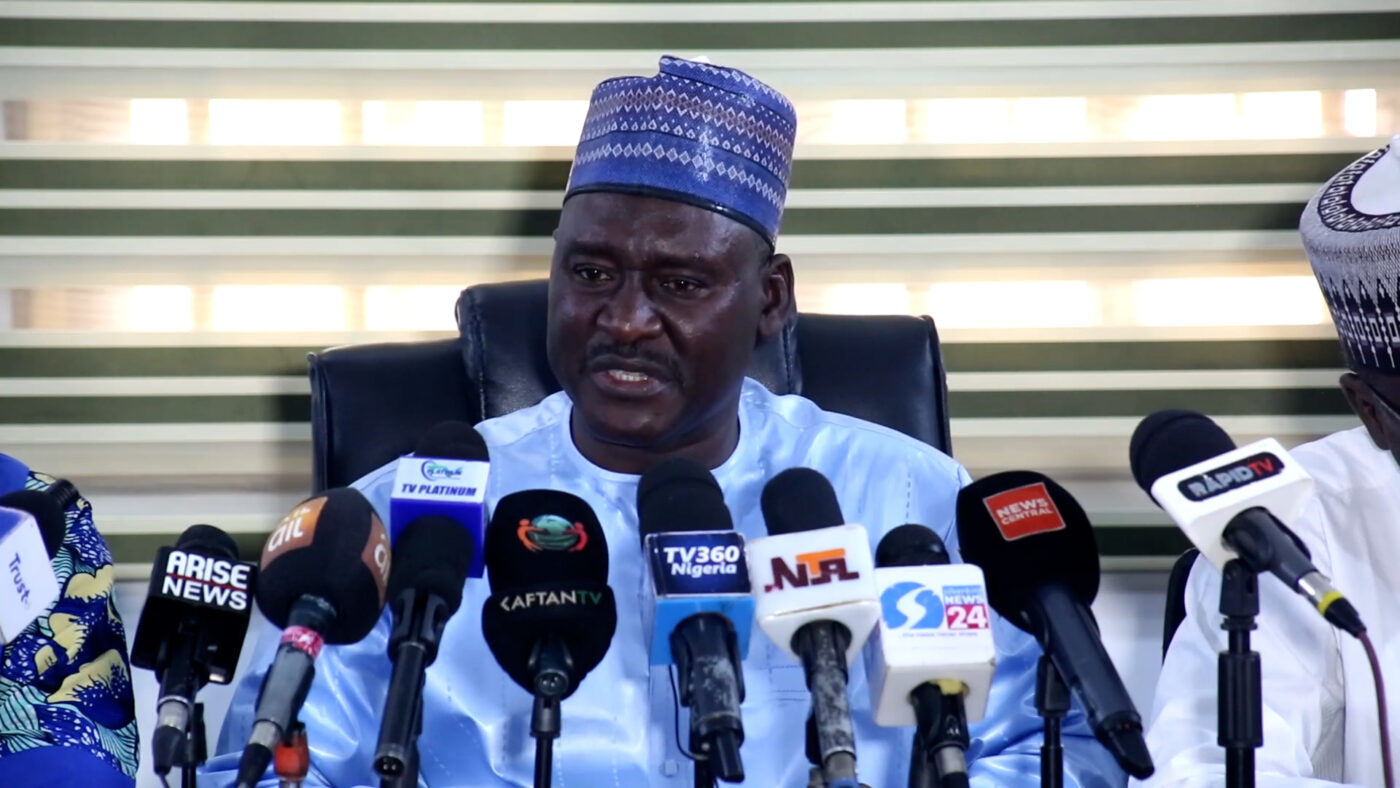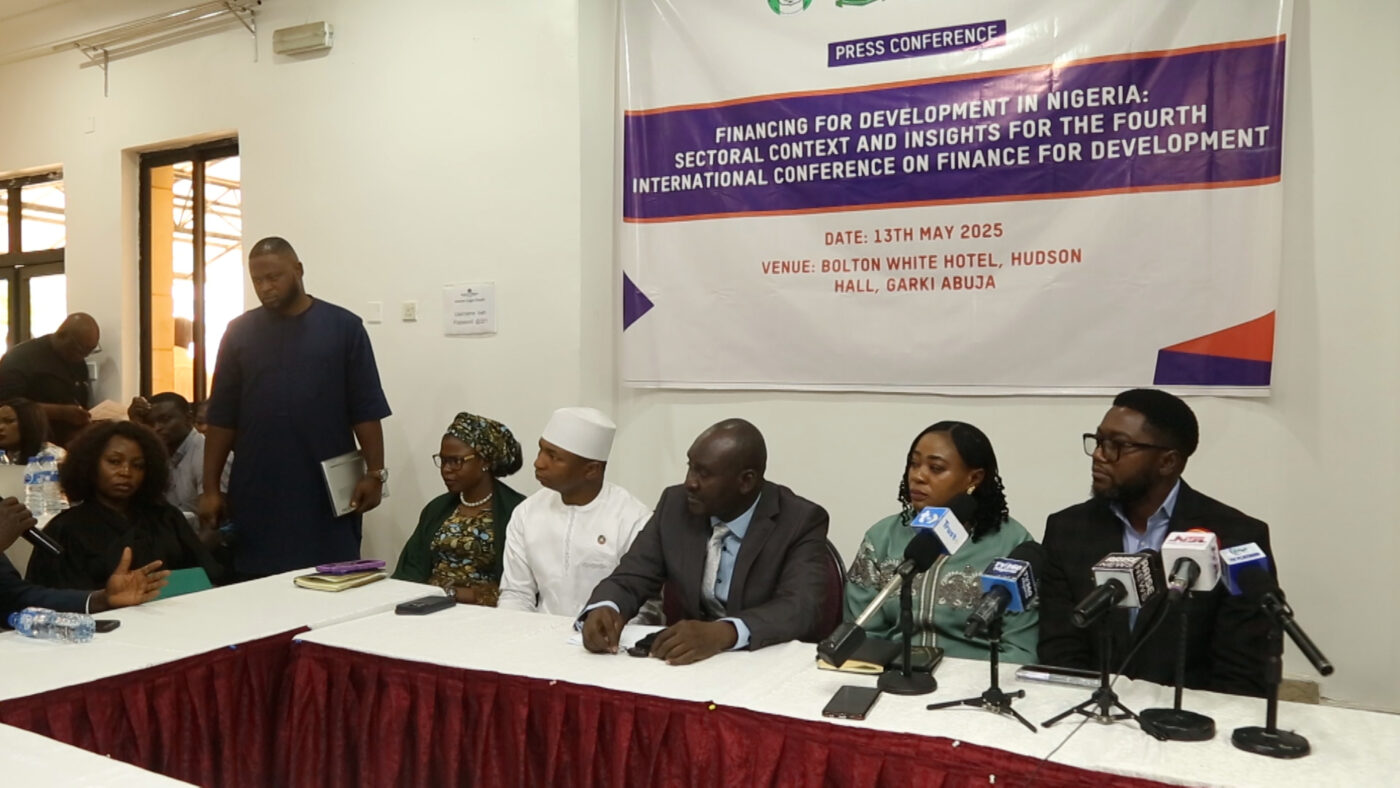Nigeria has been ranked 140th out of 180 countries in the 2024 Corruption Perceptions Index (CPI) released by Transparency International (TI). The latest report, presented by the Executive Director of the Civil Society Legislative Advocacy Centre (CISLAC), Auwal Rafsanjani, during a media briefing, shows Nigeria scored 26 out of 100, a slight increase from 25 in 2023.
Marginal Progress but Systemic Corruption Persists
Rafsanjani noted that while Nigeria’s CPI score improved marginally, it remains far from the substantial progress needed to dismantle systemic corruption. He highlighted that Sub-Saharan Africa continues to hold the lowest regional average score of 33 out of 100, with corruption, climate challenges, and conflicts hampering progress.

The CISLAC report attributed Nigeria’s slight improvement to:
- Increased anti-corruption prosecutions involving high-profile cases.
- Enhanced asset recovery through cooperation with foreign nations.
- Stronger civil society and media advocacy efforts.
Key Strengths Identified in the Report
- Increased Anti-Corruption Prosecutions:
- More high-profile corruption cases are being investigated and prosecuted.
- The Economic and Financial Crimes Commission (EFCC) and the Independent Corrupt Practices Commission (ICPC) have made progress in recoveries and preventive measures.
- Improved Asset Recovery Efforts:
- Successful repatriation of stolen funds, such as the Abacha loot and $52.88 million from former oil minister Diezani Alison-Madueke.
- Increased domestic asset recovery efforts.
- Civil Society and Media Advocacy:
- Investigative journalism and civil society organizations have played a key role in exposing corruption and pushing for accountability.
- Digitization of Government Services:
- Adoption of e-governance solutions, including digital tax collection and procurement, reducing opportunities for bribery.
Major Weaknesses Holding Nigeria Back
Despite some progress, the report highlighted several key areas where corruption remains rampant:
- Judicial Corruption:
- The judiciary remains compromised, undermining accountability.
- Reports indicate that 20% of those interacting with the judiciary face bribery demands.
- State Capture and Nepotism:
- Key government appointments are often based on personal or ethnic affiliations instead of merit.
- Lack of a whistleblower protection law discourages reporting of corruption.
- Oil Theft and Subsidy Fraud:
- Nigeria, Africa’s largest oil producer, loses billions in revenue to oil theft and fraudulent subsidy claims.
- Corruption in the Power Sector and Public Procurement:
- Despite huge investments, Nigeria’s power grid remains unstable due to corruption.
- Public procurement laws are often ignored, leading to widespread fraud.
- Tax Evasion and Selective Tax Waivers:
- While small businesses and ordinary citizens face heavy taxation, certain multinational corporations and elites benefit from questionable tax waivers.
- Shrinking Civic Space and Democratic Decline:
- Increased crackdowns on journalists, activists, and whistleblowers exposing corruption.
- State-sponsored intimidation of civil society organizations.
- Lack of Political Integrity:
- Corruption allegations against politicians, including National Assembly members.
- Lack of transparency in campaign financing and party operations.
- Corruption in the Security Sector:
- Corrupt security expenditures weaken Nigeria’s ability to combat crime and terrorism.
- Security agencies are often used for political vendettas.
- Opaque Public Institutions:
- Failure to comply with the Freedom of Information Act.
- Lack of transparency in oil and gas contracts and infrastructure projects.
- Wasteful Government Spending:
- Rising fuel prices, increased taxes, and economic hardship contrast with the lavish spending of public officials on non-essential luxury items.
Recommendations for Improvement
CISLAC/TI-Nigeria urged the Nigerian government to:
- Grant full independence and adequate funding to anti-corruption agencies like EFCC, ICPC, and NFIU.
- Implement swift, fair trials for corruption cases.
- Enact stronger transparency and accountability laws.
- Establish an integrity monitoring mechanism within the judiciary.
- Strengthen the Public Procurement Act and enforce procurement transparency.
- Track oil production and sales to curb oil theft.
- Eliminate selective tax waivers and ensure tax justice.
- Pass the Whistleblower Protection Bill to encourage corruption reporting.
While Nigeria has shown slight progress in its fight against corruption, the CPI report makes it clear that significant reforms and stronger political will are needed to achieve lasting change.




